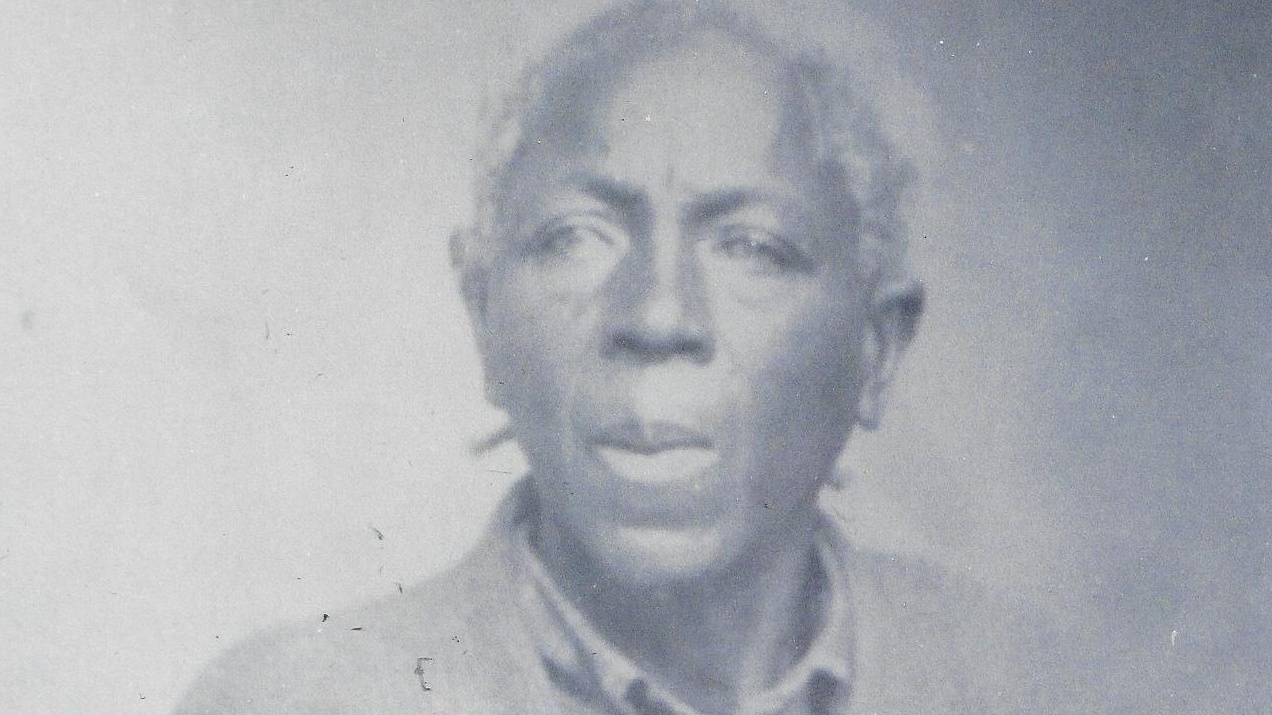A woman who died in 1940 has been identified as the last known survivor of the U.S.-Africa slave trade. Hannah Durkin, a researcher from the United Kingdom, identified the woman as Matilda McCrear.
In an article titled "Uncovering the Hidden Lives of Last Clotilda Survivor Matilda McCrear and Her Family," Durkin documented the journey of the last known survivor, who reportedly died when she was 81 or 82 years old.
According to the research, McCrear was 2 years old when she was abducted from her home in West Africa and taken to Mobile, Alabama. Traveling aboard the slave ship known as the Clotilda in 1860, the victim was reportedly accompanied by her mother, her three elder sisters and a man who would eventually become her stepfather.
McCrear also had two brothers who were left behind in Africa, and she never found out what happened to them, the research stated. A slave owner named Memorable Walker Creagh bought McCrear in the U.S., along with her 10-year-old sister and her mother.
“In some ways Matilda was more fortunate than the vast majority of Middle Passage survivors,” Durkin said in a statement. “She got to stay with her mother and one of her sisters, and because she was only two when she was taken from Africa, she was still very young when she was emancipated."
"But make no mistake, her life was incredibly hard," Durkin added.
"The story of Matilda and her family highlights the horrors of slavery, the abuses of the US South’s sharecropping system, the injustices of segregation and the suffering of Black farmers during the Great Depression,” the Newcastle University lecturer said.
Durkin used an article from the Selma Times-Journal, as well as census records and other genealogical data, to research McCrear's story.
“Matilda’s story is particularly remarkable because she resisted what was expected of a Black woman in the US South in the years after emancipation,” Durkin said. “She didn’t get married. Instead, she had a decades-long common-law marriage with a white German-born man, with whom she had 14 children. Even though she left West Africa when she was a toddler, she appears throughout her life to have worn her hair in a traditional Yoruba style, a style presumably taught to her by her mother."
The research also states that McCrear initially used her former enslaver’s surname, Creagh. But she later changed the name to McCrear.
Last year, Durkin was conducting research and identified a woman named Sally "Redoshi" Smith as the oldest known survivor of the slave trade. But the professor now says McCrear lived three years longer than Redoshi.
According to the new discovery, McCrear made a 15-mile trek to Dallas County Courthouse in Selma to claim compensation for herself and Redoshi as survivors of the Clotilda. However, the West African was unsuccessful with her claim, the research stated. McCrear talked about that incident in an interview with the Selma Times-Journal.
According to CNN, McCrear's grandson, Johnny Crear, had "no idea" that his grandmother was on the Clotilda.
"Her story gives me mixed emotions because if she hadn't been brought here, I wouldn't be here. But it's hard to read about what she experienced," Crear said.
The 83-year-old added that his grandmother is remembered as being "quite rambunctious."
Crear said one of his earliest memories is his grandmother's funeral, but he faced some confusion when researching his family's history.
“My wife was researching our family history and we could only get so far,” he said. “The name Creagh would come up but as ours is spelled Crear, we didn’t make that connection. We didn’t know it had been changed.”
After uncovering the story of Redoshi last year, Durkin said "the discovery is so important because it gives meaningful voice to a female survivor of the transatlantic slave trade for the first time."
"Descendants of Clotilda survivors are the only descendants of slavery survivors in the US who can trace their ancestors back to a specific region in West Africa," the researcher told CNN. "So I'm really hoping this will enable more descendants of transatlantic slave trade survivors to trace their ancestry."

